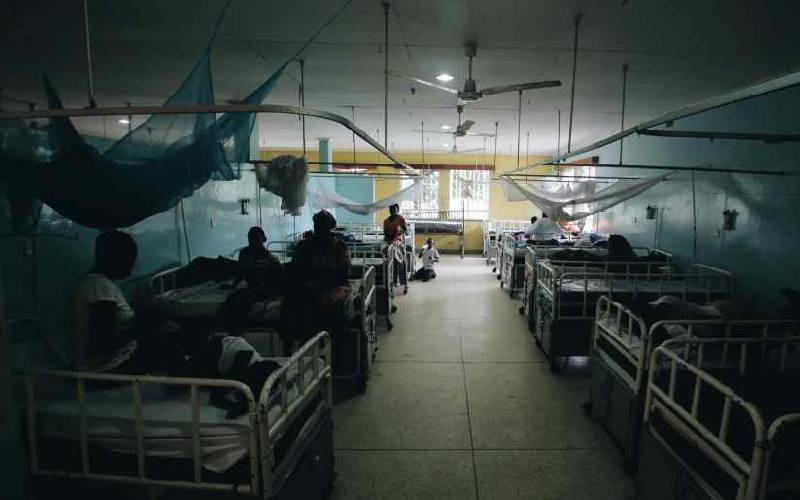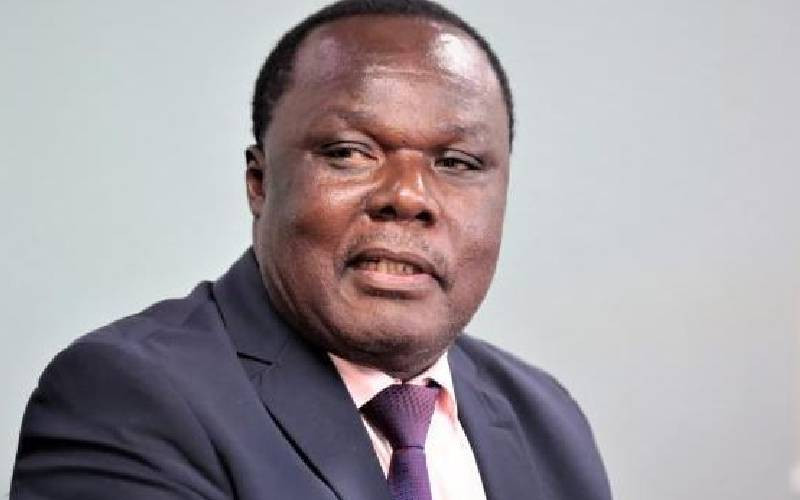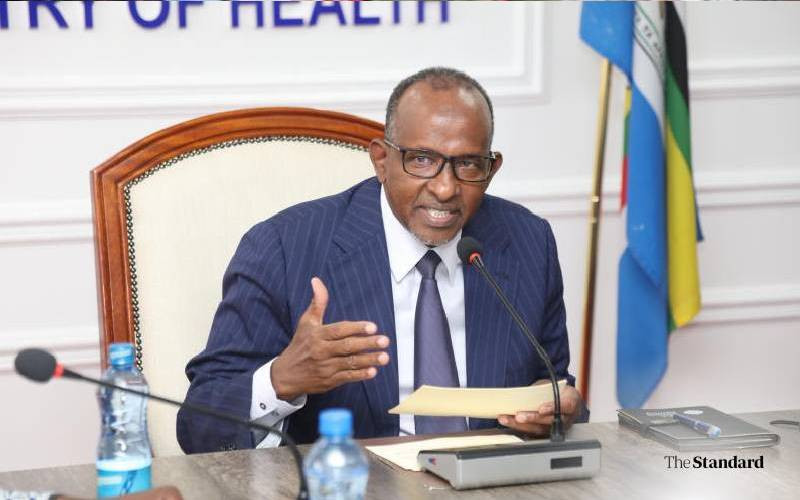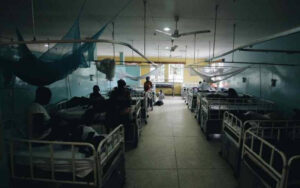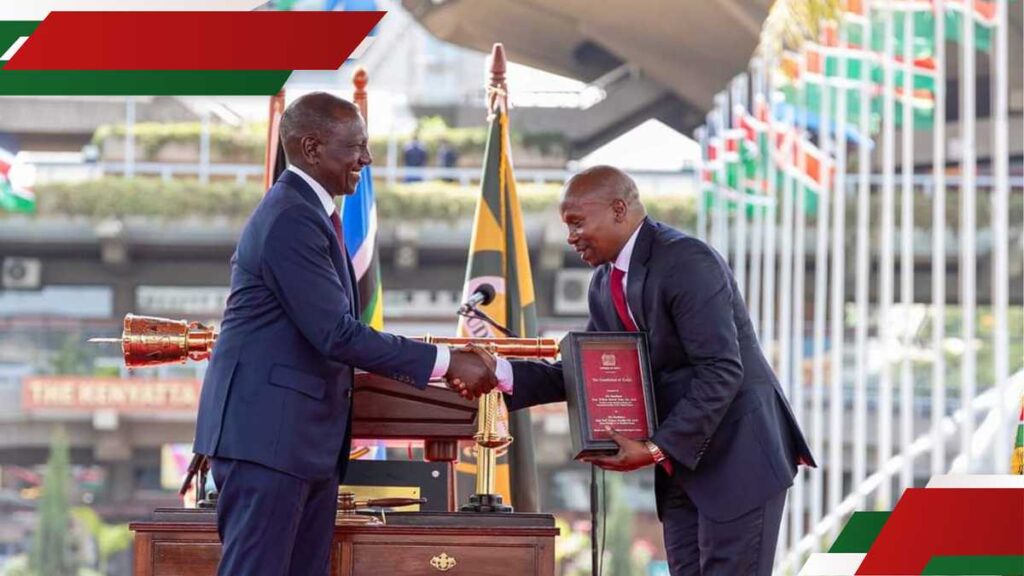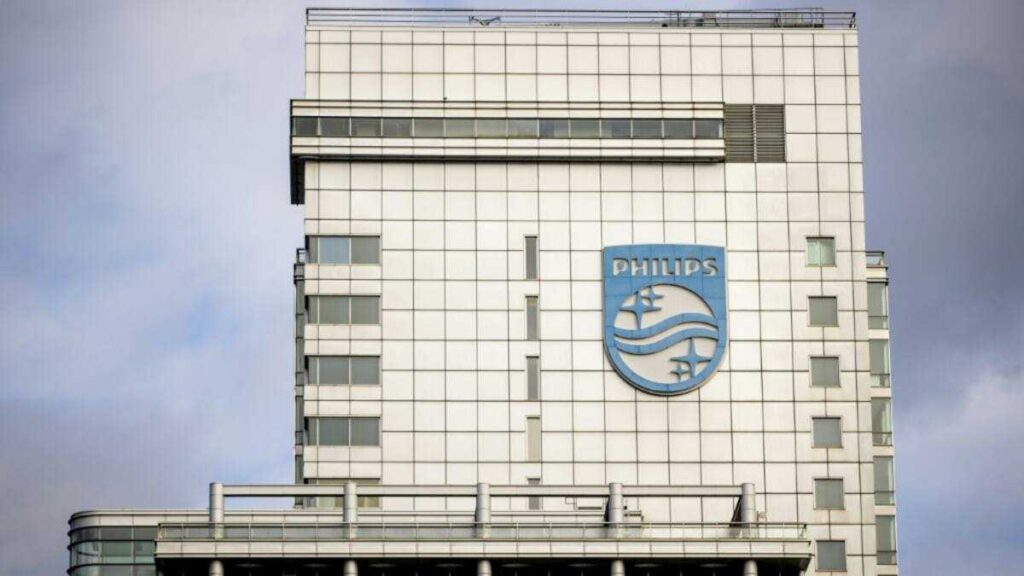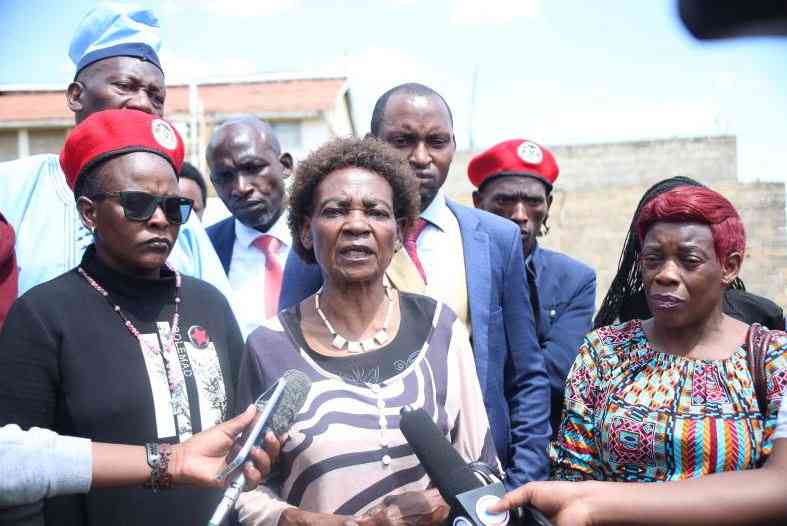Health Cabinet Secretary Aden Duale has told the Senate that the Social Health Authority (SHA) system’s digital audit detected rejection of claims worth Sh10.6 Billion fraudulent or non compliant claims that were rejected.
Duale who appeared before the Senate plenary to answer questions told Senators that Preliminary estimates of financial exposure related to these irregular payments are in the range of several hundred million shillings.
Kisumu Senator Tom Ojienda had sought to know measures put in place to strengthen financial oversight over SHA and its associated fund and steps taken to strengthen financial oversight over SHA and its associated funds, particularly in respect of procurement processes, Internal controls and overall financial management.
“ A final verified figure will be communicated once the joint audit reconciliation process is concluded, this ongoing forensic validation is proof of the effectiveness of the Social Health Authority new digital architecture in uncovering and preventing fraud, ” said Duale.
The Cabinet Secretary said the government has instituted several comprehensive measures to enhance financial oversight, transparency, and accountability within the Social Health Authority (SHA) and its associated funds (SHIF, PHCF, and ECCIF).
Duale said that SHA operates under a fully constituted Board with oversight responsibility for financial management, audit, and risk functions. The Audit and Risk Committee monitors and assesses the Fund’s financial integrity.
All procurement processes within SHA strictly adhere to the Public Procurement and Asset Disposal Act, 2015 an e-procurement system is being implemented to enhance transparency, ensure competitive bidding, and minimize human discretion in tender evaluations.
“SHA has deployed an integrated financial management system that links budgeting, accounting, and reporting functions, ensuring real-time tracking of fund flows and promoting operational efficiency,” said Duale.
Nominated Senator Tabitha Mutinda sought to know the status of the Linda Mama Maternal and Child Healthcare Programme with Duale responding the Ministry has adopted a comprehensive household coverage model to ensure vulnerable families access a broader range of essential health services.
He told Senators that as part of this strategic framework the National Government is sponsoring 558,000 indigent households identified through the State Department for Social Protection’s Enhanced Single Registry to access healthcare under SHA.
The Cabinet Secretary told the house that by recognizing teenage pregnancy as a critical public health challenge, the Social Health Authority introduced a targeted intervention for adolescent mothers and their newborns.
“To date, over 22,000 teenage mothers across the country have accessed maternal services free of charge, the allocation of funds now operates on a Fee-for-Service model where funds follow the patient via claim replacing fixed pre-allocations,” said Duale.
Mutinda sought to know whether the benefit package of Linda mama changed following its transition under Social Health Insurance Fund (SHIF) and what are the specific changes in coverage, benefit amounts for normal and caesarean deliveries and eligibility criteria.
Duale told the house the transition under SHIF has significantly expanded the former Linda Mama benefit package from a narrow maternal focus to a comprehensive household coverage model, now known as the Linda Jamii scheme.
The Cabinet Secretary told the house that while delivery services remain central, reimbursement has improved through a Fee-for-Service model aligned with actual service costs, strengthening inclusivity for vulnerable households.
Stay informed. Subscribe to our newsletter
“Has the benefit package of Linda mama changed following its transition under SHIF and if so, what are the specific changes in coverage, benefit amounts for normal and caesarean deliveries and eligibility criteria,” asked Mutinda.
Duale said the transition under SHIF has significantly expanded the former Linda Mama benefit package from a narrow maternal focus to a comprehensive household coverage model known as Linda Jamii scheme.
The Cabinet Secretary said that while delivery services remain central, reimbursement has improved through a Fee-for-Service model aligned with actual service costs, strengthening inclusivity for vulnerable households.
Makueni Senator Daniel Maanzo asked Duale to provide a detailed breakdown of the management and utilization of the Tobacco Control Fund, specifically outlining how funds have been received and allocated as stipulated by Section 7 of the Tobacco Control Act 2007.
Duale said that a total of Sh603.4 million utilized in the Financial Year 2024/2025 with the expenditure for the period under review including Planning and commemoration of World No Tobacco Day at Uasin Gishu Primary School in Uasin Gishu County.
“In response to recent assessments showing inadequate progress in tobacco control, particularly amid the influx of oral nicotine pouches, e-cigarettes and similar products targeting our youth and children, the Ministry of Health has reaffirmed its support for the Tobacco Control (Amendment) Senate Bill, 2024,” said Duale.


